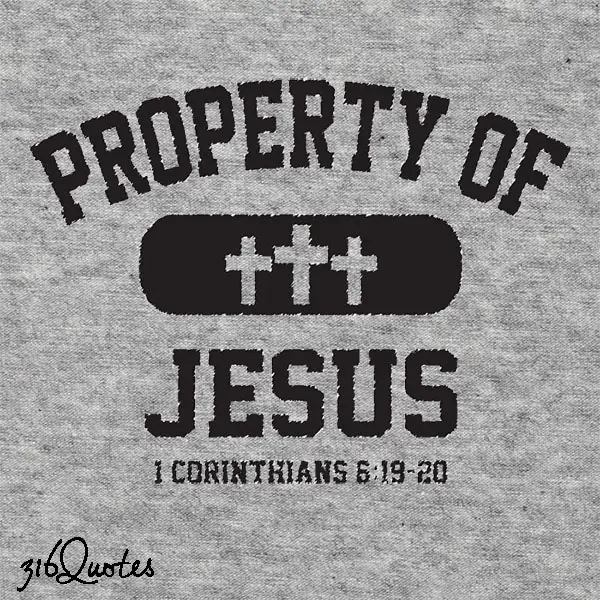
And elsewhere we read of our Lord's coming with ten thousand of his saints to execute judgment on all, etc., Jude 14, 15. By judging the world and angels, some think, is to be understood, their being assessors to Christ in the great judgment-day it being said of our Saviour's disciples that they should at that day sit on twelve thrones, judging the twelve tribes of Israel, Matt 19 28. When they were to judge the world, nay, to judge, it is unaccountable that they could not determine little controversies among one another.

And are they unworthy to judge the smallest matters, the things of this life? It was a dishonour to their Christian character, a forgetting of their real dignity, as saints, for them to carry little matters, about the things of life, before heathen magistrates. He lays before them the aggravations of their fault: Do you not know that the saints shall judge the world ( v. And it is more for their ease and honour to suffer small injuries and inconveniences than seem to be contentious. Christians should be of a forgiving temper. We are not bound to sit down and suffer the injury tamely, without stirring for our own relief but, in matters of small consequence, it is better to put up with the wrong.

In matters of great damage to ourselves or families, we may use lawful means to right ourselves. 7), which must be understood of matters not very important. Here is at least an intimation that they went to law for trivial matters, things of little value for the apostle blames them that they did not suffer wrong rather than go to law ( v. And therefore, says the apostle, " Dare any of you, having a controversy with another, go to law, implead him, bring the matter to a hearing before the unjust?" Note, Christians should not dare to do any thing that tends to the reproach of their Christian name and profession. It published at once their folly and unpeaceableness whereas they pretended to be the children of wisdom, and the followers of the Lamb, the meek and lowly Jesus, the prince of peace. This tended much to the reproach of Christianity. 6), and did not compose it among themselves, Christians and saints, at least in profession. 1), brought the controversy before unbelievers ( v. They brought the matter before the heathen magistrates: they went to law before the unjust, not before the saints ( v. This, duly attended to, would prevent law-suits, and put an end to quarrels and litigations. Note, Christians should not contend with one another, for they are brethren. And a brother offended, as Solomon says, is harder to be won than a strong city their contentions are like the bars of a castle, Prov 18 19. The bonds of fraternal love were broken through. The near relation could not preserve peace and good understanding. 6), one member of the church with another. Not but that the law is good, if a man use it lawfully. The fault he blames them for: it was going to law. Here he directs them to determine controversies with one another by church-counsel and advice, concerning which observe,

In the previous chapter he had directed them to punish heinous sins among themselves by church-censures. Here the apostle reproves them for going to law with one another before heathen judges for little matters and therein blames all vexatious law-suits. Why do ye not rather take wrong? why do ye not rather suffer yourselves to be defrauded? 8 Nay, ye do wrong, and defraud, and that your brethren. 7 Now therefore there is utterly a fault among you, because ye go to law one with another.

Is it so, that there is not a wise man among you? no, not one that shall be able to judge between his brethren? 6 But brother goeth to law with brother, and that before the unbelievers. (A.D.57.)ġ Dare any of you, having a matter against another, go to law before the unjust, and not before the saints? 2 Do ye not know that the saints shall judge the world? and if the world shall be judged by you, are ye unworthy to judge the smallest matters? 3 Know ye not that we shall judge angels? how much more things that pertain to this life? 4 If then ye have judgments of things pertaining to this life, set them to judge who are least esteemed in the church. And, having cautioned them against the abuse of their liberty, he vehemently dehorts them from fornication, by various arguments, ver 12 to the end. He takes occasion hence to warn them against many gross sins, to which they had been formerly addicted, ver 9-11. Reproves them for going to law with one another about small matters, and bringing the cause before heathen judges, ver 1-8.


 0 kommentar(er)
0 kommentar(er)
